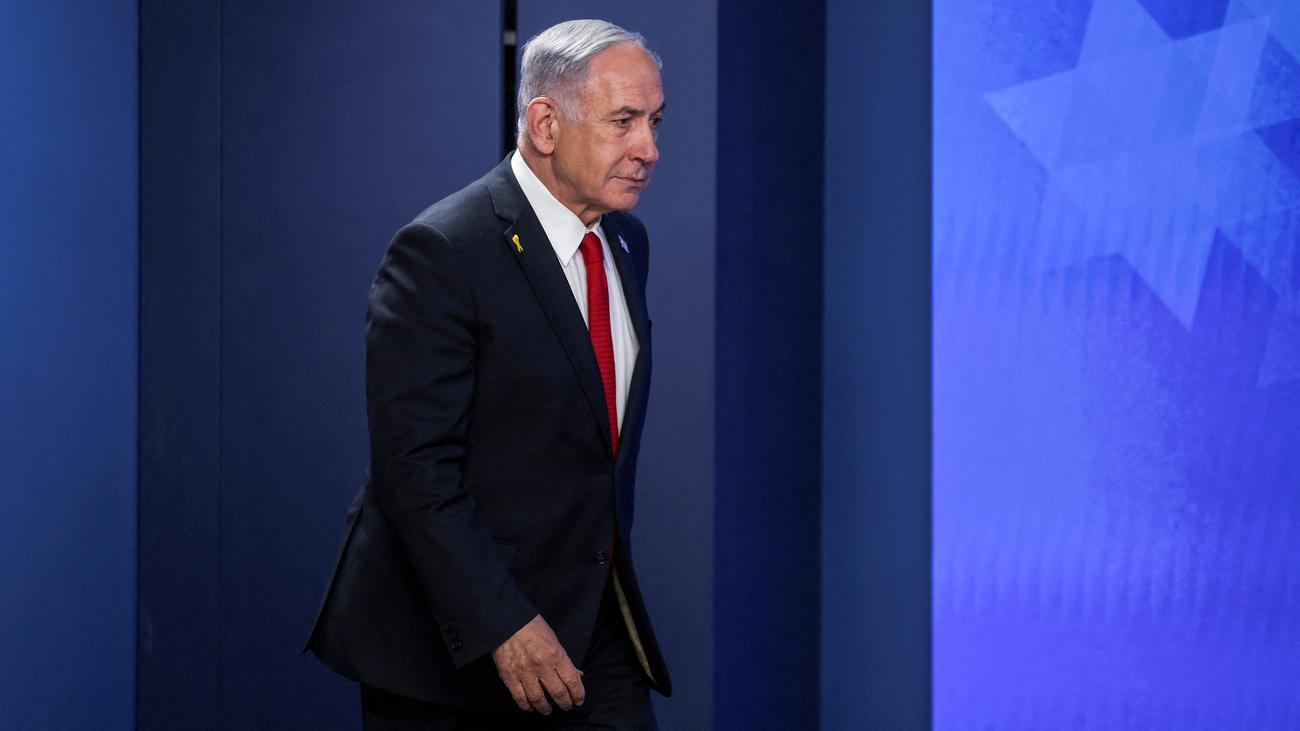
Introduction
Benjamin Netanyahu, the longest-serving Prime Minister of Israel, has been a pivotal figure in Israeli politics for decades. His leadership has significantly shaped the nation’s security policies, diplomatic relations, and domestic issues. As recent events unfold, understanding Netanyahu’s influence is crucial for grasping the current political climate in Israel, particularly as tensions in the region continue to evolve.
Recent Political Developments
In recent months, Netanyahu has faced mounting challenges, both domestically and internationally. His government has been under scrutiny following a controversial judicial reform plan that aims to limit the powers of the judiciary. Critics argue this undermines democracy and the rule of law. In March 2023, massive protests erupted across the country, with citizens voicing their concerns over governmental overreach and the diminishing independence of the judiciary.
Netanyahu’s response to these protests has been a mix of defiance and attempts at negotiation, demonstrating his political acumen but also revealing deep divisions within Israeli society. His coalition government, a mixture of right-wing and religious parties, has shown signs of strain, prompting speculation about its longevity.
Foreign Relations and Security Issues
On the international front, Netanyahu has been focused on maintaining Israel’s security amid rising tensions in the Middle East. Relations with the United States have been a focal point, especially regarding the Israeli-Palestinian conflict. Netanyahu’s alignment with the previous U.S. administration under Donald Trump bolstered Israel’s standing, particularly with the Abraham Accords, which normalised ties with several Arab nations, including the UAE and Bahrain.
However, the shifting global political landscape poses new challenges. The Biden administration’s approach to the Israel-Palestine issue has encouraged some hope for a renewed peace process, but ongoing violence and a stubborn political impasse between Israeli and Palestinian leaders hamper progress.
Conclusion
Benjamin Netanyahu remains a central figure in Israel’s political landscape, embodying the complexities and challenges of governance in a nation at the crossroads of security, democracy, and international relations. As his government grapples with internal dissent and external pressures, the future implications for Israeli society and its standing in the world remain uncertain. Observers will be watching closely to see how Netanyahu navigates these turbulent waters and what approaches he may adopt to consolidate his power and address the pressing issues facing Israel today.
You may also like

Understanding the Current Political Landscape in the UK

The UKIP Party: Recent Developments and Future Outlook

Boris Johnson: A Look at His Current Political Landscape
SEARCH
LAST NEWS
- Remembering Wendy Richard: The Promise to Co-Star Natalie Cassidy
- How Did Anglian Water Achieve an ‘Essentials’ Rating for Mental Health Accessibility?
- Shai Hope Leads West Indies in T20 World Cup Clash Against South Africa
- What We Know About Weston McKennie: Future at Juventus and Past at Leeds
- What We Know About the Upcoming Live Nation Antitrust Trial